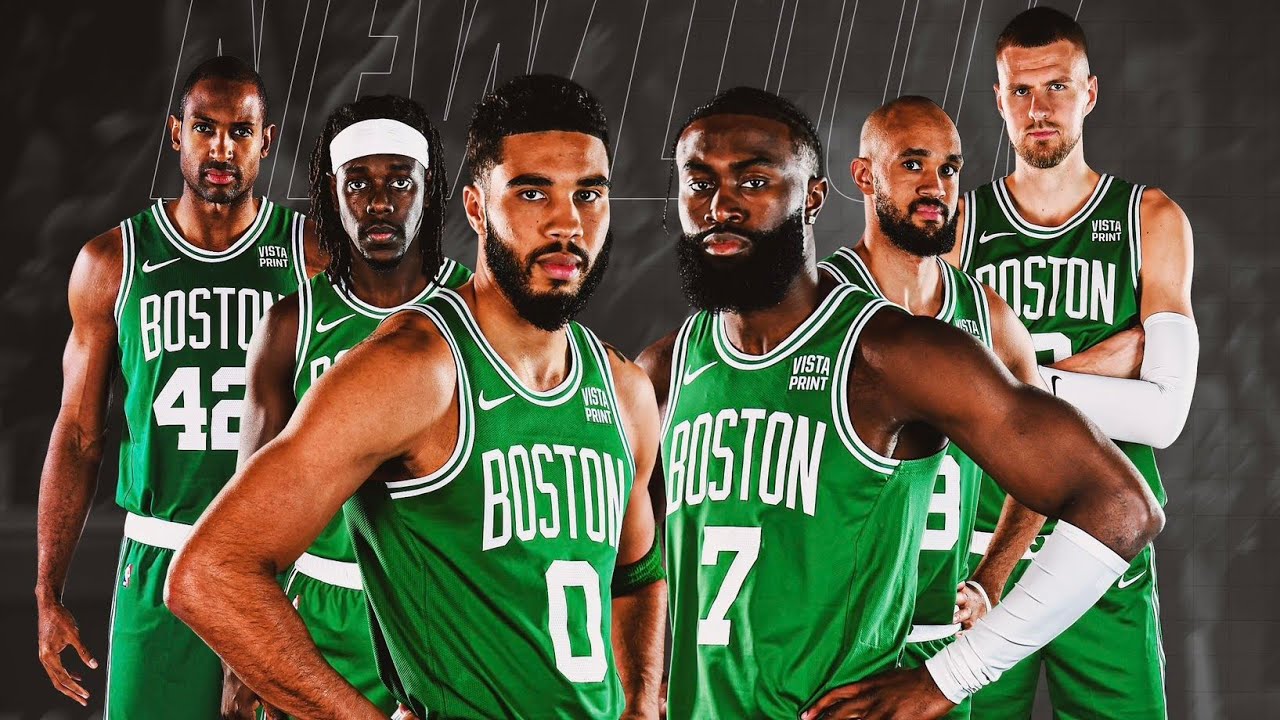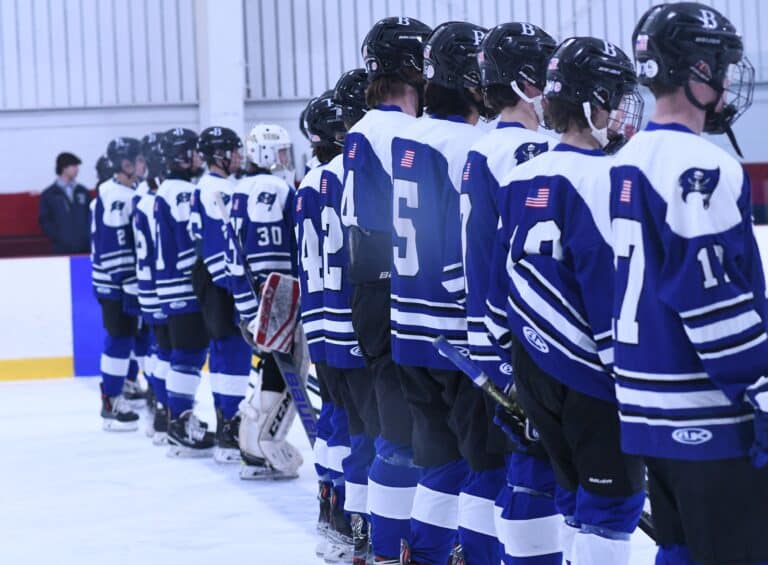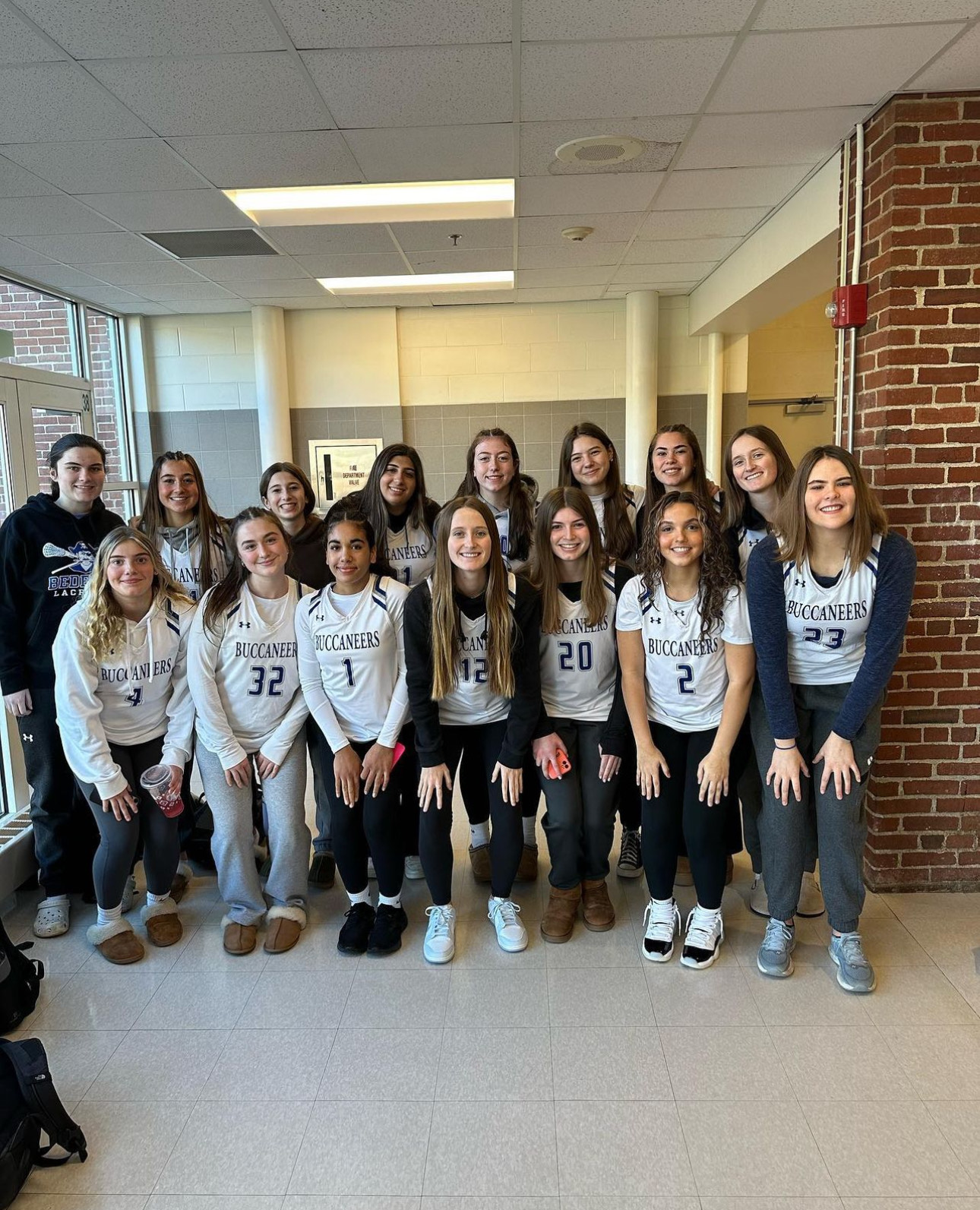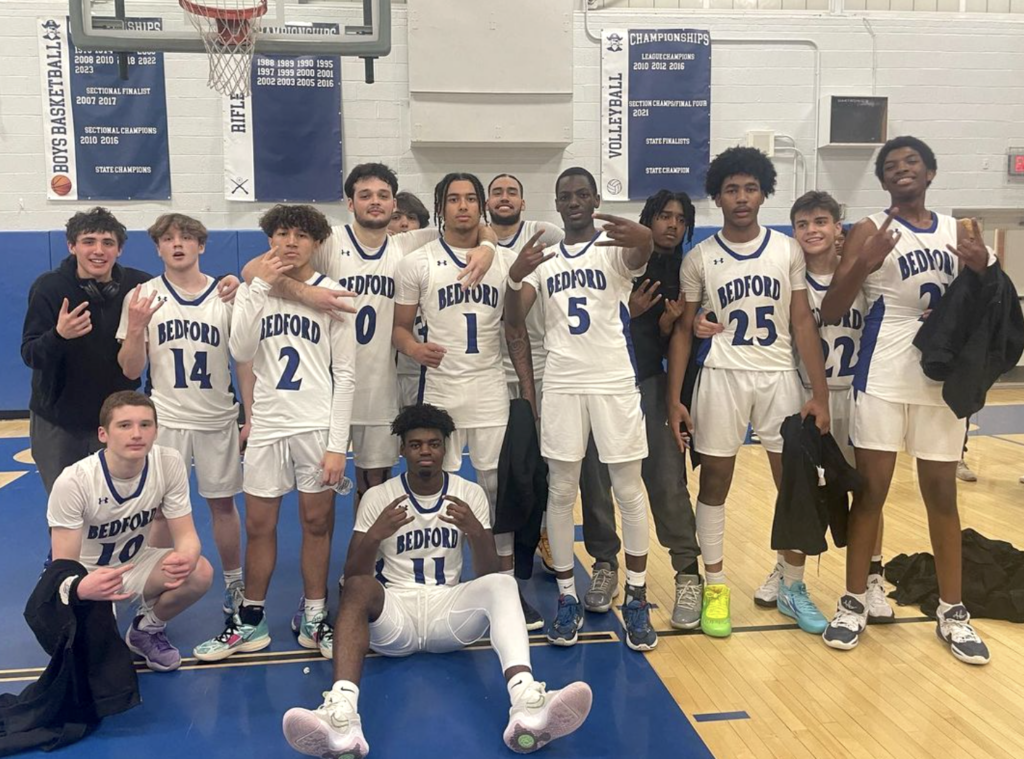By Siddarth Nandakishore, 2024
The Celtics are back sporting a fresh coat of green paint. New acquisitions, some tearful departures, and one current highest player supermax deal later, this team is once again primed and ready to make another deep playoff run. The real question is, will they fall short of expectations once again, and if so, will it be for the same reasons as before?
Starting with a recap of last season, the Celtics once again had a dominant regular season, posting the 2nd best offensive rating, 2nd best defensive rating, and the number 1 net rating. They finished with the 2nd seed in the East at a record of 57-25. However, there were warning signs throughout the season of what was to come.
The Celtics were a very confusing playoff team. They lost more home games than road games, they shot excessively from 3, resulting in games where they either made everything or nothing. Their late game execution was once again nowhere to be found, and their stars Tatum and Brown struggled at times to create shots for others. This past offseason has sought to address those flaws, and I think they did as good of a job as they could have.
Starting off, we have what is effectively a Kristaps Porzingis for Marcus Smart trade. The departure of Smart may loom large in Celtic fans hearts; he was the heart and soul of the team, constantly giving over 100% effort. However it was hard for the Celtics to get over his deficiencies: inconsistent three-point shooting, questionable playmaking decisions, and defense that while good, was not on the level of the DPOY campaign of the previous year. Porzingis on the other hand, quietly had one of his best seasons in terms of productivity and availability. Playing for the Wizards last season, he averaged 20.7 PPG (career high), shot 49.8% from the field (career high), and played 65 games out of 82—the most since his sophomore season. He also averaged the most postups of his career, which is an underrated asset to the Celtics offense. During the previous season, the Celtics relied on drive and kick plays in a predominantly 5-out setting, meaning all players on the court were standing around the arc, maximizing the spacing created. While this led to a terrific regular season offense, teams were able to adapt to this scheme when it came to the playoffs. The Miami Heat exposed this during the Conference Finals, forcing Tatum and Brown into tough shots and tough decisions. The results were a combined 7 turnovers per game and an average field goal percentage of 44.3% between the two. The Celtic offense had become predictable, and no adjustments were made throughout the series to change that. This is best exemplified by how whoever shot the better percentage from three almost always won the game. While one could say that the Celtics would have won the series if they had made more threes, I say that the Celtics three-point shot quality was far worse because of their scheme. On one side, you have the Heat, who had set plays designed to get the most open shots; if one play stopped working, they were able to mix it up and change tactics. On the other side, you have the Celtics, who ran the same offense all series long and never changed even when it became clear it wasn’t working. By adding a postgame to the system, Porzingis has potentially diversified Boston’s offensive capabilities. Instead of running the same drive and kick plays over and over, the Celtics can run plays out of the post with Porzingis. Allow him to leverage his 7’3” frame and stellar shooting to free up Brown and Tatum to more efficiently score.
The second major transaction involved effectively trading Malcolm Brogdon and Robert Williams III for Jrue Holiday. Acquired from Portland after being traded there from the Bucks for Damien Lillard, Holiday may just solve what I believe to be frankly the most infuriating issue with the Celtics over the past two years. Holiday is arguably the best backcourt in the entire league, a suitable replacement for Marcus Smart. He is also a better three-point shooter by a wide margin (at least in the regular season, that is). But the real issue he solves is the Celtics late-game execution. Over the past two years the Celtics have had to have a showing in the clutch that inspired positivity moving forward: Games 1 and 4 against Brooklyn, Games 3 and 5 against Milwaukee, Games 6 and 7 against Miami, Game 4 against Golden State, Games 5 and 6 against Atlanta, Games 1 and 4 against Philadelphia, and Games 1, 2, and 6 against Miami this past year. These are all games that the Celtics lost in embarrassing/stunning fashion or were extremely lucky to make out of alive. Part of this is, again, the Celtics not having any end-of-game plays to go to, but another issue was that they did not have the best decision makers. Tatum and Brown will be at their best offensively at the end of games if plays are being run to set them up rather than having to set up the play themselves. Holiday has proved to be one of the best clutch players on both ends of the court (one of which was to the Celtics), and he provides the facilitator role that the Celtics have desperately needed. Down the stretch, the ball should be in his hands, because he is far better at making reads based on the defense than Tatum and Brown are.
The only other transactions of note include the departure of Grant Williams and the signings of Oshae Brisset and Lamar Stevens. Williams provided a physical presence on defense along with consistent three-point shooting, and if push comes to shove and either Al Horford or Porzingis gets hurt, Williams may be missed. Brisset and Stevens round out the team with just enough big men and wings to go the distance on a long championship run.
Overall, this Celtics team has added and retooled, while still remaining the core group of guys. I believe that this year’s additions will contribute to more success than the previous years, and this team is ready to win a championship.



